
Addressing the accessibility and high costs of chimeric antibody receptor (CAR) T-cell and bispecific therapies is crucial for maximizing their impact in multiple myeloma (MM).

Addressing the accessibility and high costs of chimeric antibody receptor (CAR) T-cell and bispecific therapies is crucial for maximizing their impact in multiple myeloma (MM).

Adolescent and Young Adult Cancer Awareness Week serves as an opportunity to shed light on the special considerations and experiences of younger oncology patient populations.

Barry Byrne, MD, PhD, Powell Gene Therapy Center at the University of Florida, discusses gene therapy considerations for pediatric patients and how newborn screening can influence outcomes for patients with Duchenne muscular dystrophy (DMD).

Mobile self-management programs like that offered by Hello Heart can benefit employers and patients alike as they seek to manage and prevent heart disease.

Social determinants of health been long understood to influence health outcomes, and this new analysis explores more deeply the link between social risk exposure and rates of health care resource utilization.
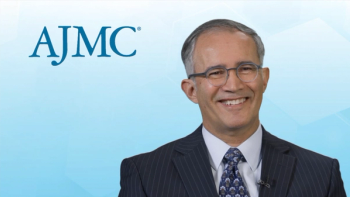
Implementing artificial intelligence (AI) has transformed clinicians' and health systems' ability to screen for and distinguish forms of cardiorenalmetabolic disease.

For higher-risk multiple myeloma (MM), successful patient selection and monitoring strategies are vital for the management of adverse events and the disease itself.

Weight loss is a key effect of glucagon-like peptide-1 receptor agonists (GLP-1 RAs), but these drugs may also provide liver health benefits independent of this mechanism.

In the wake of the 2025 measles outbreak and lingering vaccine hesitancy, here are 5 things to know about the safety, efficacy, myths, and more related to childhood vaccinations.

Jaime Murillo, MD, discusses the importance of fostering open communication with patients as a means of encouraging adherence to various treatments.

Ajai Chari, MD, stresses the importance of making bispecific therapies more accessible at the community level to improve outcomes in multiple myeloma.
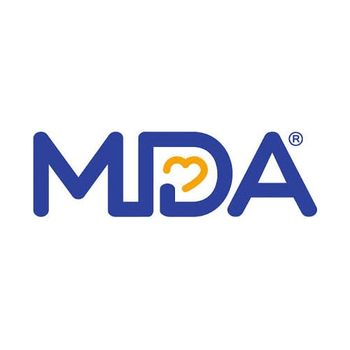
One of the major highlights of the Muscular Dystrophy Association (MDA) Clinical & Scientific Conference is that invaluable networking opportunities can help clinicians elevate their own best practices.
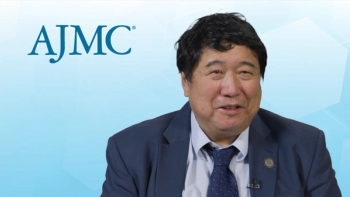
Lipoprotein(a) [Lp(a)] plays a key role in assessing cardiovascular risk, making awareness efforts equally essential for prevention and early intervention.
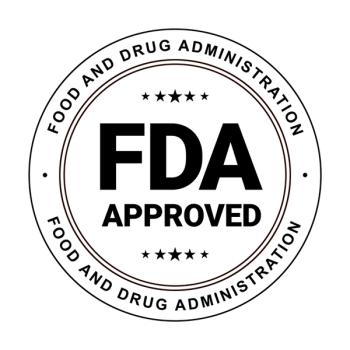
In a recent decision, the FDA approved vutrisiran (amvuttra), making it the only approved therapy for adults with hereditary transthyretin-mediated amyloidosis (ATTR-CM) or wild-type cardiomyopathy.

Ajai Chari, MD, University of California San Francisco, explores the challenges that accompany integrating chimeric antigen receptor (CAR) T-cell therapies into multiple myeloma treatment.
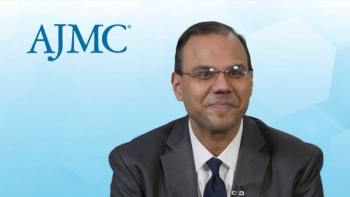
The PROMPT trials evaluate the influence of electronic health alerts for informing appropriate, evidence-based therapies to patients with cardiovascular conditions.

Medication costs are only a piece of the puzzle when clinicians think about health care access, explains Leigh Maria Ramos-Platt, MD.

Tania Gendron, PhD, speaks to the present challenges for translating biomarker discoveries to clinical practice and offers insights to how these can be overcome.

Recent cuts to federal grants are set to have a widespread impact across numerous scientific and medical studies.
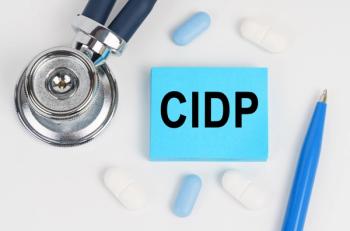
Chronic inflammatory demyelinating polyneuropathy (CIDP) can have a substantial impact on patients everyday life and, consequently, put added stress on health care systems.

Adeno-associated virus (AAV)–mediated gene therapy was one of the focal points of this year's Muscular Dystrophy Association conference. Here, Barry Byrne, MD, PhD, University of Florida, speaks to the novel development of AAV gene therapy and its mechanism of action.

Giulio Cossu, MD, speaks to the lingering safety concerns related to ex vivo gene therapy in Duchenne muscular dystrophy (DMD) as long-term data are yet to be established.

Tom Belmont, president and CEO, Greater Philadelphia Business Coalition on Health (GPBCH) previews the upcoming employer symposia, which seeks to help employers navigate solutions for the management and prevention of cardiovascular and musculoskeletal disease.

An early pilot trial suggests that combining atezolizumab (tecectriq) with rituximab (Rituxan), gemcitabine (gemzar) and oxaliplatin (eloxatin; GemOx; R-GemOx+Atezo) could be a well-tolerated and effective treatment option in non-Hodgkin lymphoma.

Look ahead to this year's Muscular Dystrophy Association (MDA) meeting, which will feature discussions on the latest gene therapies, clinical trial data, policy considerations, and more in the realm of neuromuscular disease.

The invasive nature of lipid biopsies has lead researchers to dedicate more efforts to unveiling noninvasive diagnostic methods for metabolic dysfunction–associated steatohepatitis (MASH).

Advancing technologies have transformed the detection of heart disease and, in turn, streamlined medical processes and relieved burden on health care systems.
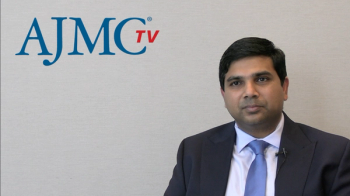
More cost-effectiveness studies evaluating bispecific antibody or chimeric antigen receptor T-cell therapies are necessary for enhancing care in myeloma and lymphoma.

Therapy timing, patient factors, and emerging combination interventions are guiding treatment decisions in multiple myeloma and lymphoma.

Jade E. Jones, MD, of Emory Winship Cancer Institute, shares how considering patients' travel needs, social services, and insurance concerns can help improve access to care.

259 Prospect Plains Rd, Bldg H
Cranbury, NJ 08512
© 2025 MJH Life Sciences®
All rights reserved.
